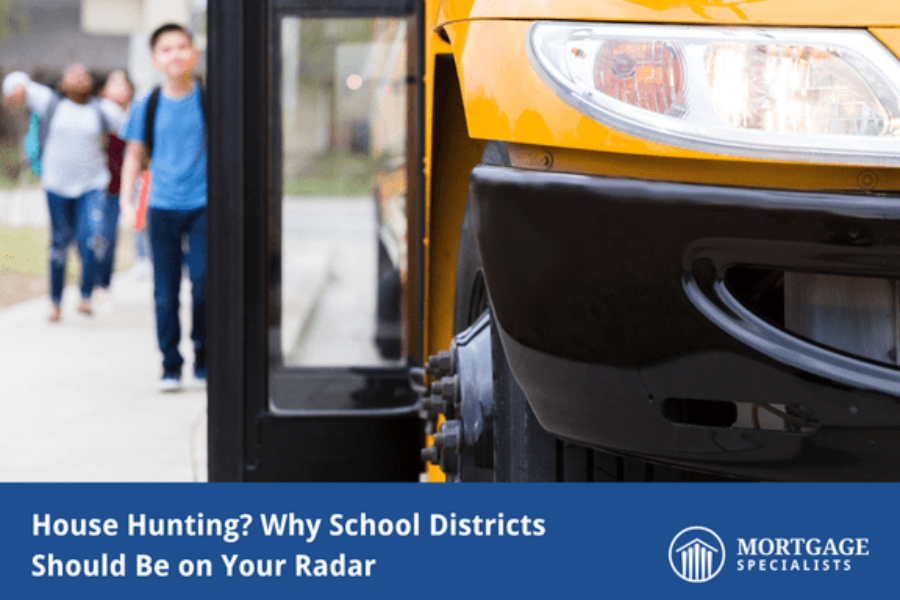We pride ourselves on being transparent and sharing up-to-date tips and information. With speculation of a recession on the horizon, we are here to share the statistics to help with any decision regarding buying or waiting to buy a home.
Unemployment Rate & Recessions
With the data below dating back to the 1950s, there is a clear trend of the lowest unemployment rates occurring shortly before a recession. Since 2010, we have been at a decreasing rate of unemployment. You’ll see that in 2019-2020, a large spike in unemployment was the effect of the global pandemic. However, we are coming back to a lower unemployment rate.

Based on this data, we are predicting a recession. According to the trends, when a recession occurs, unemployment rates go high, causing hesitation on when to buy a home.
Housing Stays Strong Through Recessions
The market has been challenging for potential buyers, especially those who do not have the means to exceed the sales price. Many potential buyers tend to say they are going to wait for prices to drop once interest rates go up. However, we have seen a 2.5% increase in interest rates this year alone, but have yet to see house prices decrease or even flatten. In the graph below, you can see the S&P Case-Shiller U.S. National Price Index steadily increasing, despite the past recessions. With this trend, many people consider real estate as housing tends to hold or increase its value.

Mortgage Rates & Recessions
Throughout history, during a recessionary period, interest rates go up at the beginning of the recession. But in order to come out of a recession, interest rates are lowered to stimulate the economy moving forward. Historically, we have seen a repeated uptick in interest rates followed by lowered interest rates.

We hope these charts bring an understanding of how the recession can affect the housing market. Check out our Mortgage Matters in Minutes video to hear Brent shed light on these statistics. Interest in buying a home or have questions? Give us a call at (402) 991-5153.










 © Mortgage Specialists.
© Mortgage Specialists.